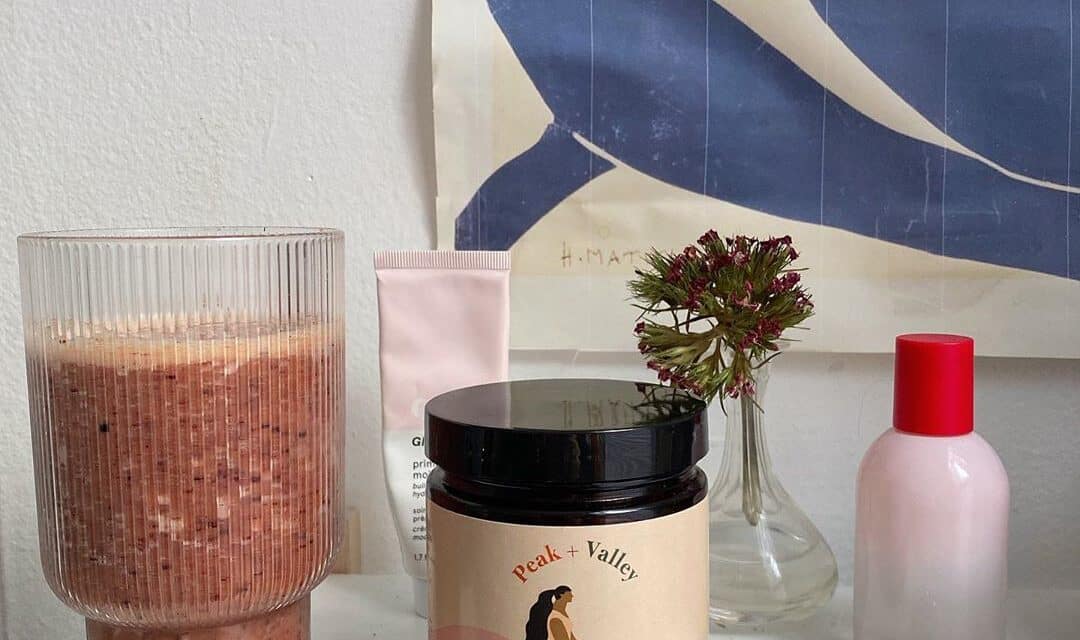“It all started in 2015 – I was a stressed out neuroscience researcher, juggling multiple projects, and experiencing the symptoms of chronic stress. Even after my schedule balanced out, my symptoms persisted. And so I did what I knew – scoured the library of scientific publications for a solution. Growing up, my mom had instilled a holistic approach to health within me, and so I looked for natural remedies at the intersection of science and traditional medicine.”
This is how the story of Peak + Valley started. We spoke with Nadine Joseph, founder and CEO of one of the most mindful and innovative companies in the supplement industry.
Peak + Valley is part of Fiverr’s third annual Future Collective business accelerator program. More info on the Future Collective can be found here and here.
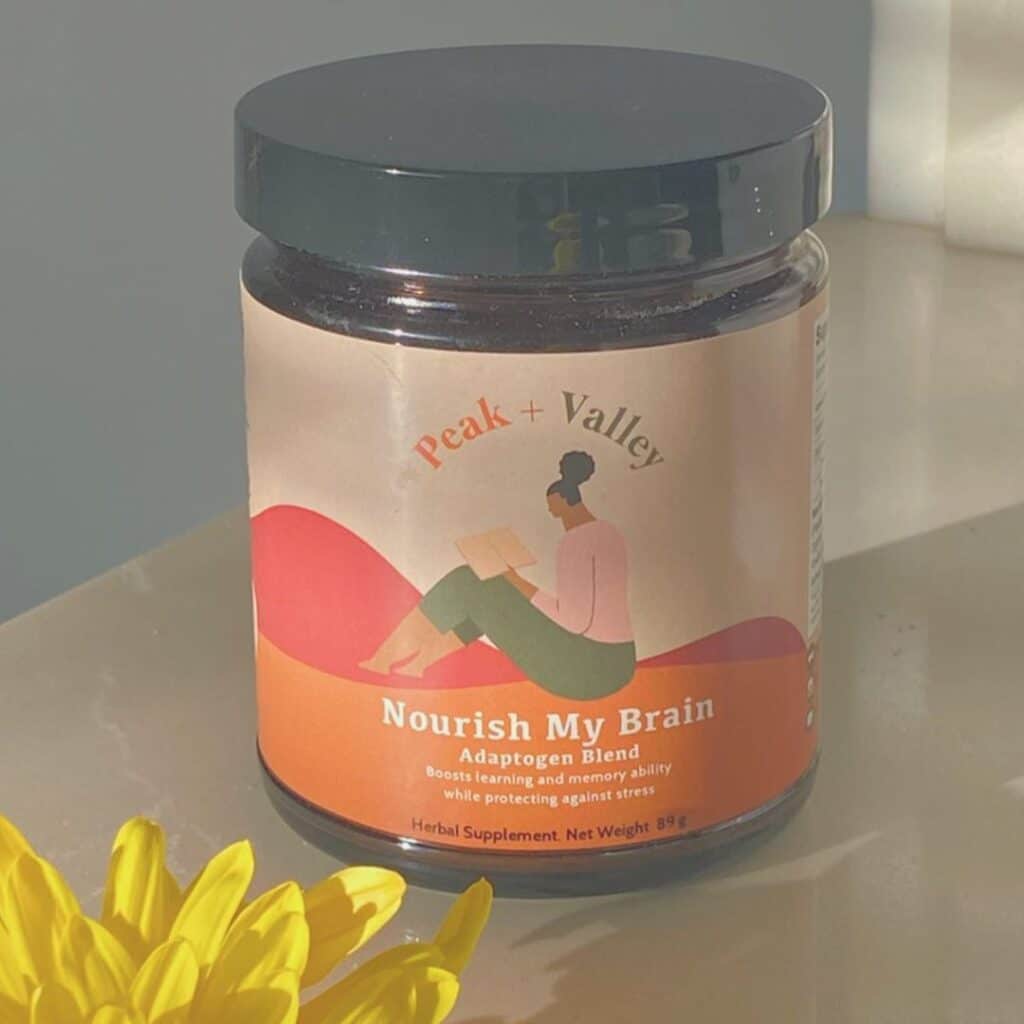
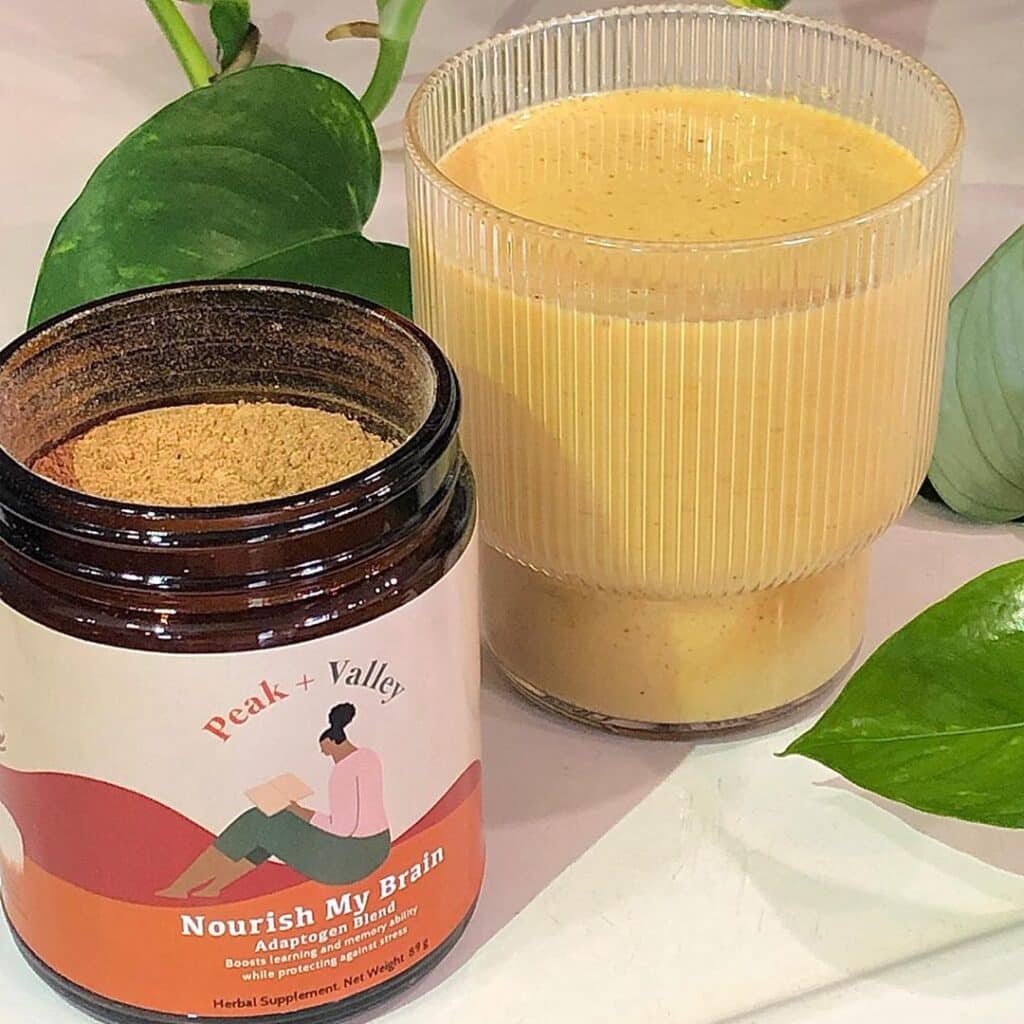
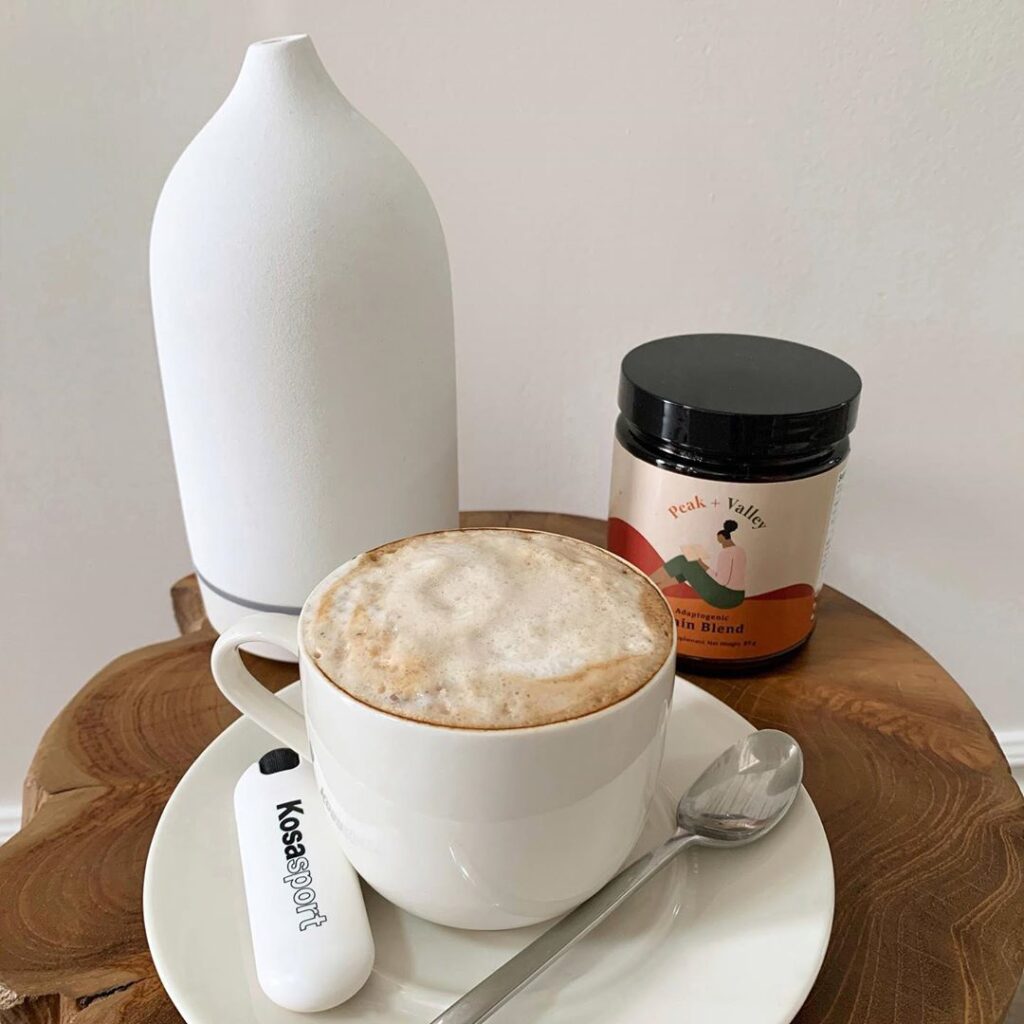
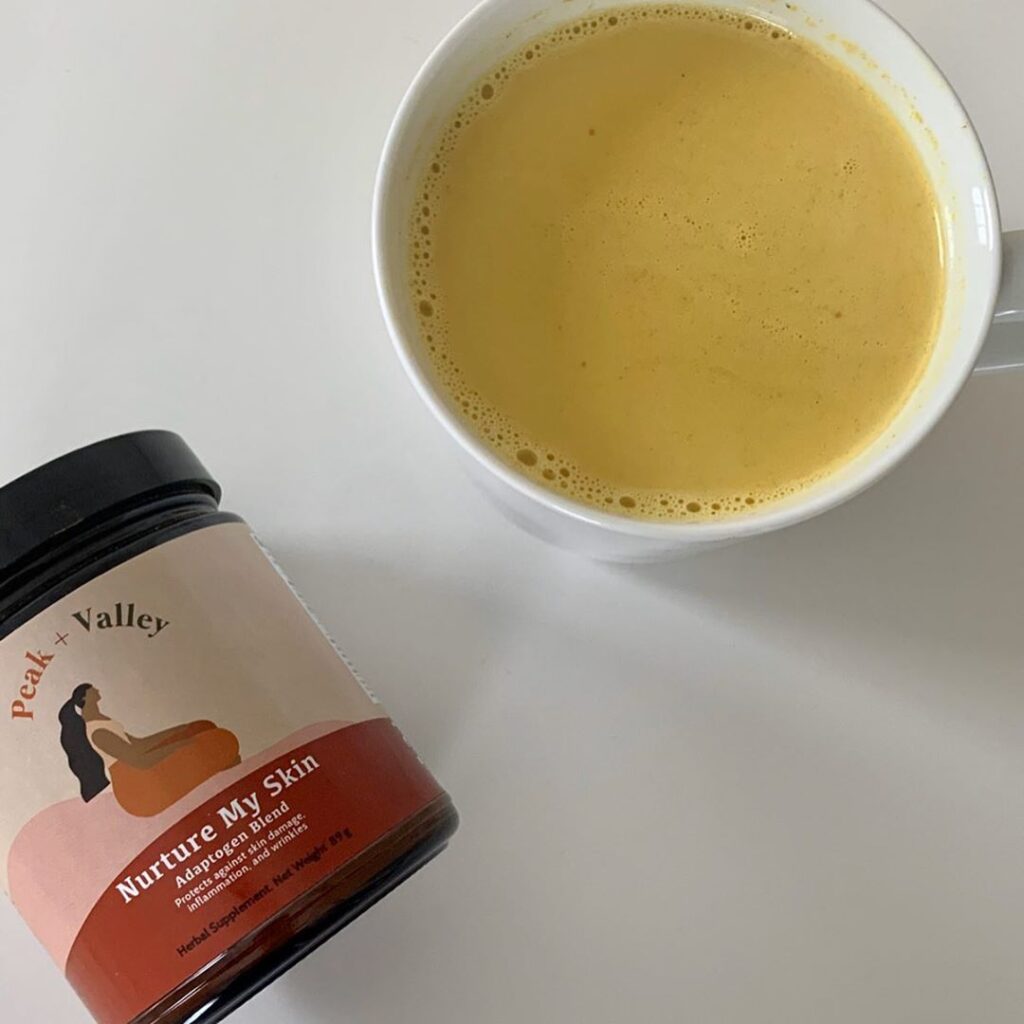
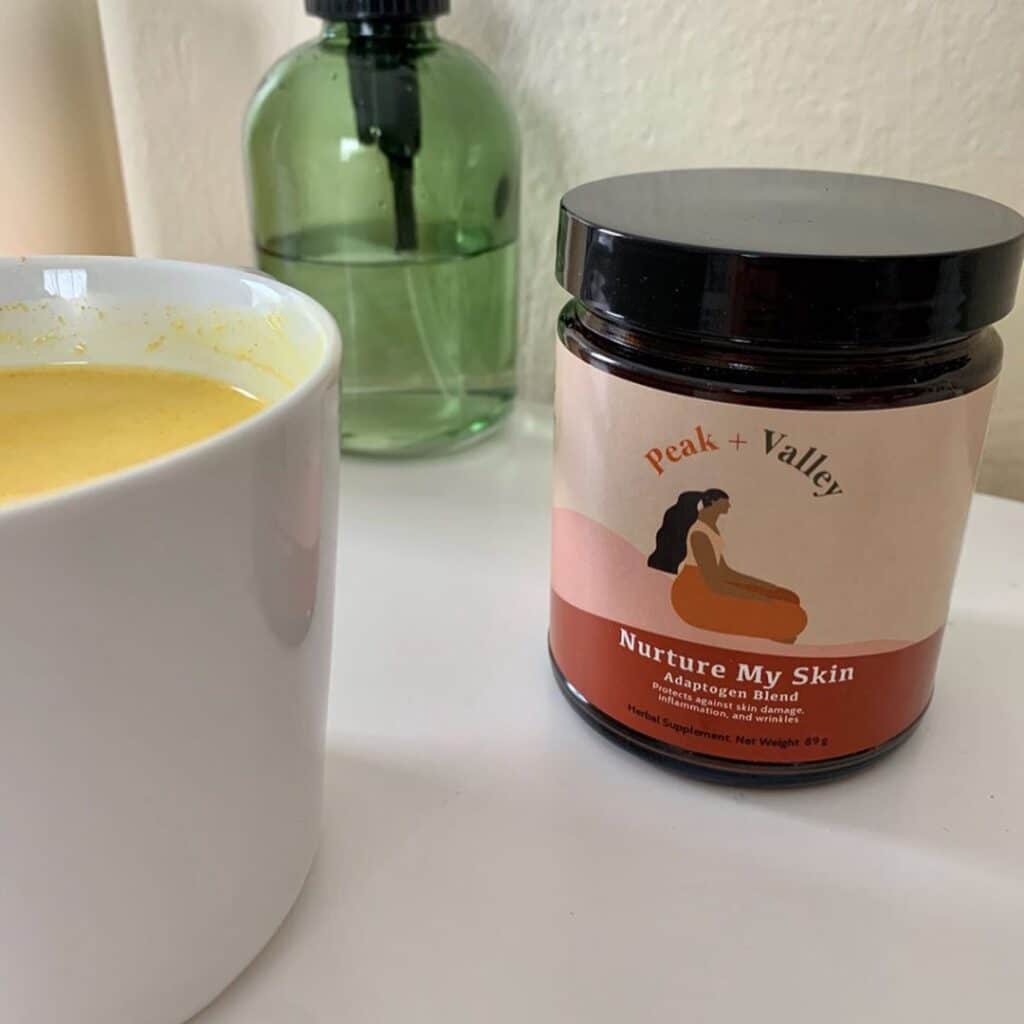
Walk us through your story from the beginning
Well I had a very holistic approach to my life since I was a kid. I have to thank my mother for this as she was such a major influence. She introduced me to this world so when I started experiencing chronic stress symptoms due to my work overload I delved into databases of scientific articles to find data to scientifically support the use of adaptogen as a remedy.
What I discovered was that extremely popular herbs such as Ashwagandha had been used in Chinese medicine for hundreds of years already. I started taking it and found a major alleviation of my symptoms that I just thought a lot more people should get introduced to the world of holistic medicine. That’s how everything started for me.
Let’s jump ahead for a second. Why do you think holistic medicine, herbs, mushrooms etc. are so popular now?
I think it’s a combination of two factors. First, a lot more people are getting uncomfortable with traditional pharmaceuticals. Mostly because of the long list of side effects and unpredictable events associated with it. Second, scientific research has proven that the alternative holistic can work and has worked in the past so the West is simply catching up and following the data.
Let’s go back to your formative years. You mentioned your mother as a major influence on you. Can you tell us more?
My mom is so unique. Whenever I had a headache she’d give me a thumb of ginger for example. It’s always been ‘Mind, Body, Soul’ for her. Everything starts from taking care of those. The rest will fall into place as a result.
How did you get into science and research?
Well I come from an entrepreneurial family. My grandmother owned a number of nursing homes in Florida and I would spend my days there interacting with the residents. Most of them had Alzheimer which is what later drove into neuroscience.
How did you develop your product then?
It’s always a scientific process. Each one of our products and its recipe are backed by research and clinical trials. Also a crucial factor that separates us from the rest of the industry is that I personally source all of the herbs we use.
That’s great. Tell us more about how that works
Well the thing is when I started I would source my herbs the same way every other supplement company does which is by mass wholesalers or distributors. The problem with that is that it was hard for them to answer all my questions about who grew those herbs, how they grew them, whether they were compensated fairly. So I decided to go boots on the ground and started sourcing them myself. I traveled to all sorts of countries and made sure I could see the process from start to finish.
That must have been so enlightening for you. You also want your supplier to practice regenerative agriculture. Can you expand on that?
We are seeing a major transition nowadays in agriculture. Traditional farming has slowly been replaced by some sort of more conventional farming. More and more farmers are using pesticides, chilling their soil and employing similar techniques in order to increase their output which means increasing their revenue. That’s a natural coping mechanism against the fact they are not paid enough to grow their herbs. We make sure we pay our farmers more so they can avoid compromising their process and having to rely on the more ‘conventional’ way of farming.
You put a lot of focus on the integrity and transparency of the supply chain. Is it only for quality control or is there more to it?
It’s also about paying respect to the farming process. That’s why only a handful of companies like mine are ensuring that customers get a quality product grown ethically and sustainably with a mindful goal of protecting and embracing the culture it comes from. These are cultures that are passed down from generation to generation just like my mother taught me her ‘Body, Mind, Soul’ mantra. I need to make sure that Peak + Valley properly honors the tradition and culture it spouses.

